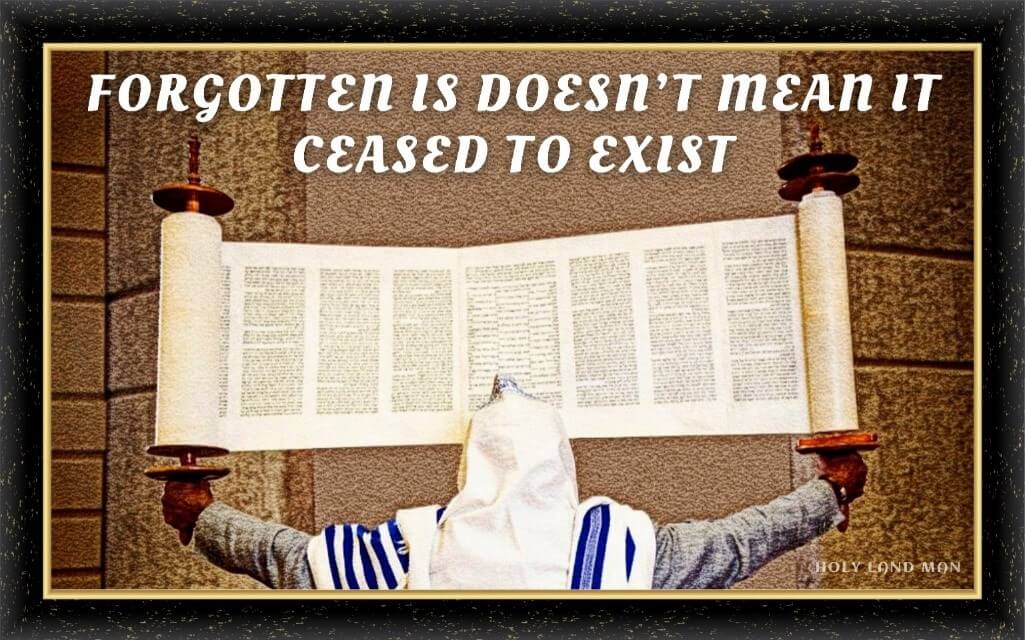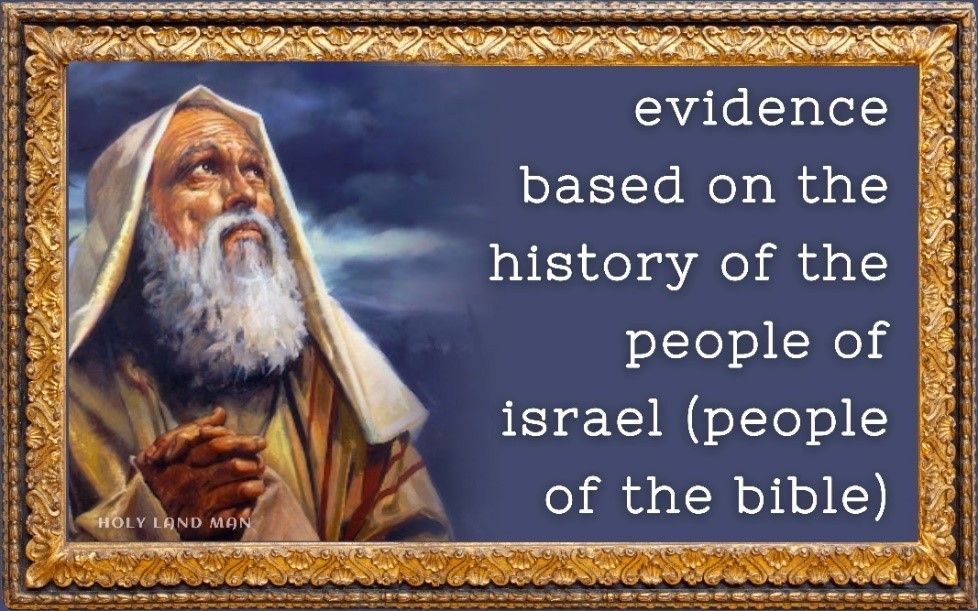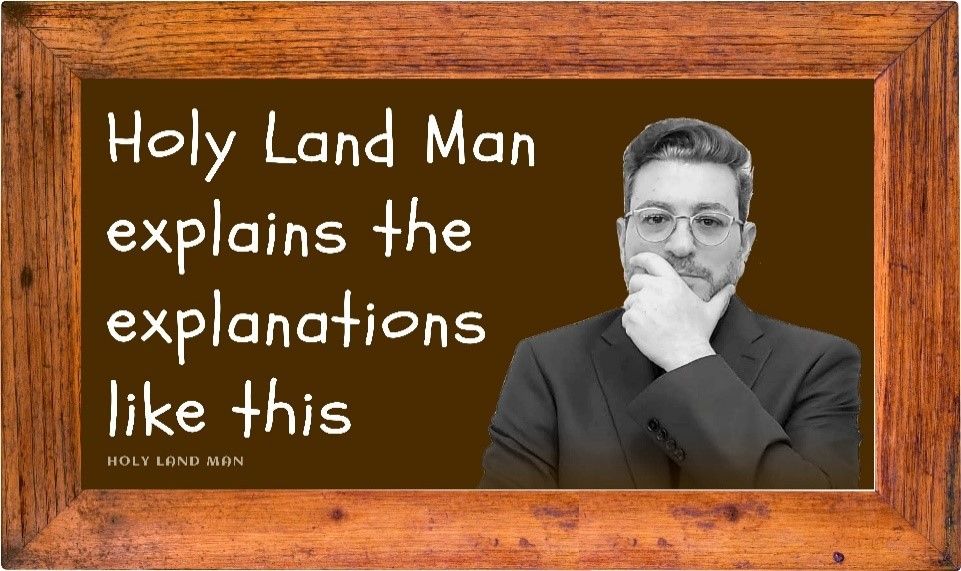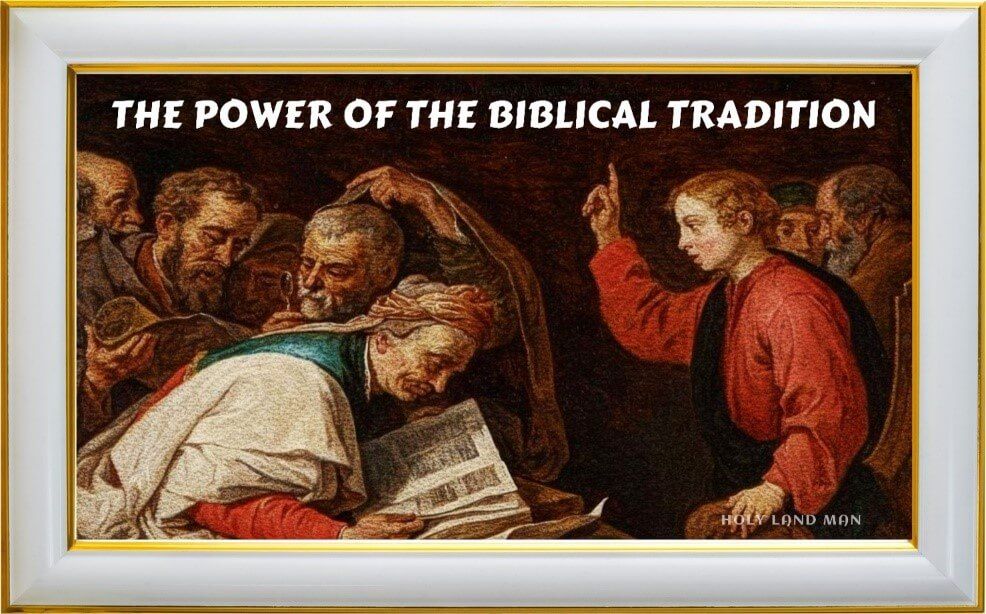Because of this, even if the Torah scroll was forgotten for a while, the tradition itself did not cease, and continued to exist orally even without it. And the evidence is that when the book was found in the days of Josiah, the treatment of it was not as a novelty that had not been heard of before, but as a lost one that was found again.
Otherwise, there was no reason to take it seriously and be shocked by what was written in it. This period can be likened to a situation in which the Jews of the Soviet Union were in after the fall of the Iron Curtain.
Although for decades they were detached from religion and could not study Torah properly, they still remembered the tenets of the Jewish tradition, and when they returned to it, they knew they were returning to what their Biblical ancestors had known in the past, and that it was not something new.
And if the claimant still claims that there is a possibility that forgeries and trending edits were made in the Torah, we will return to the providence argument we saw above, and say that assuming that GOD gave the Torah to the People of Israel, it is reasonable to believe his whole intention. In addition, it should be noted that the Book of Deuteronomy, which some scholars attribute to Josiah, is the one that contains the detailed prophecies about the expected future of the People of Israel, which were miraculously fulfilled and indeed testify to its truth – and you have no greater testimony than that.










